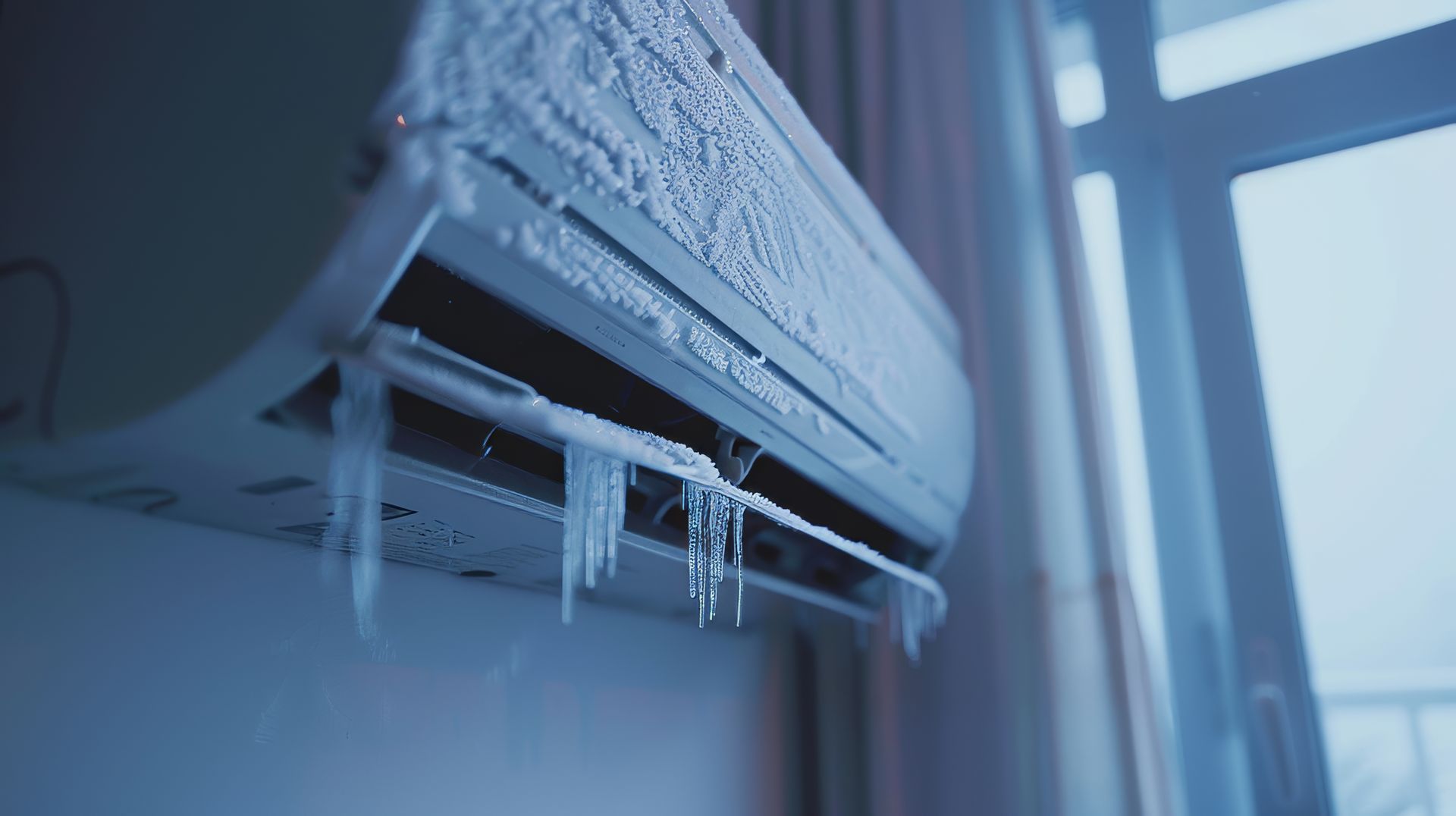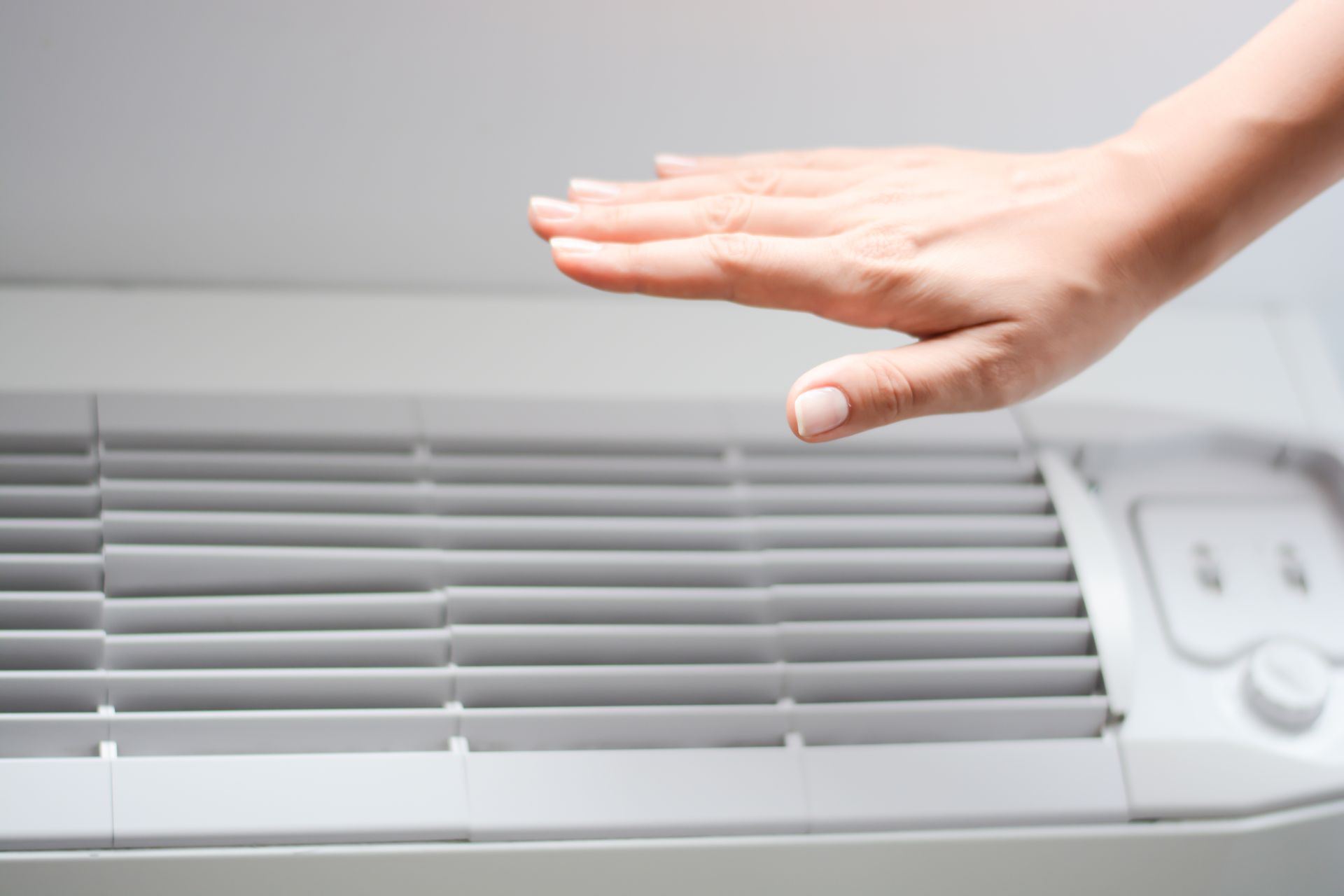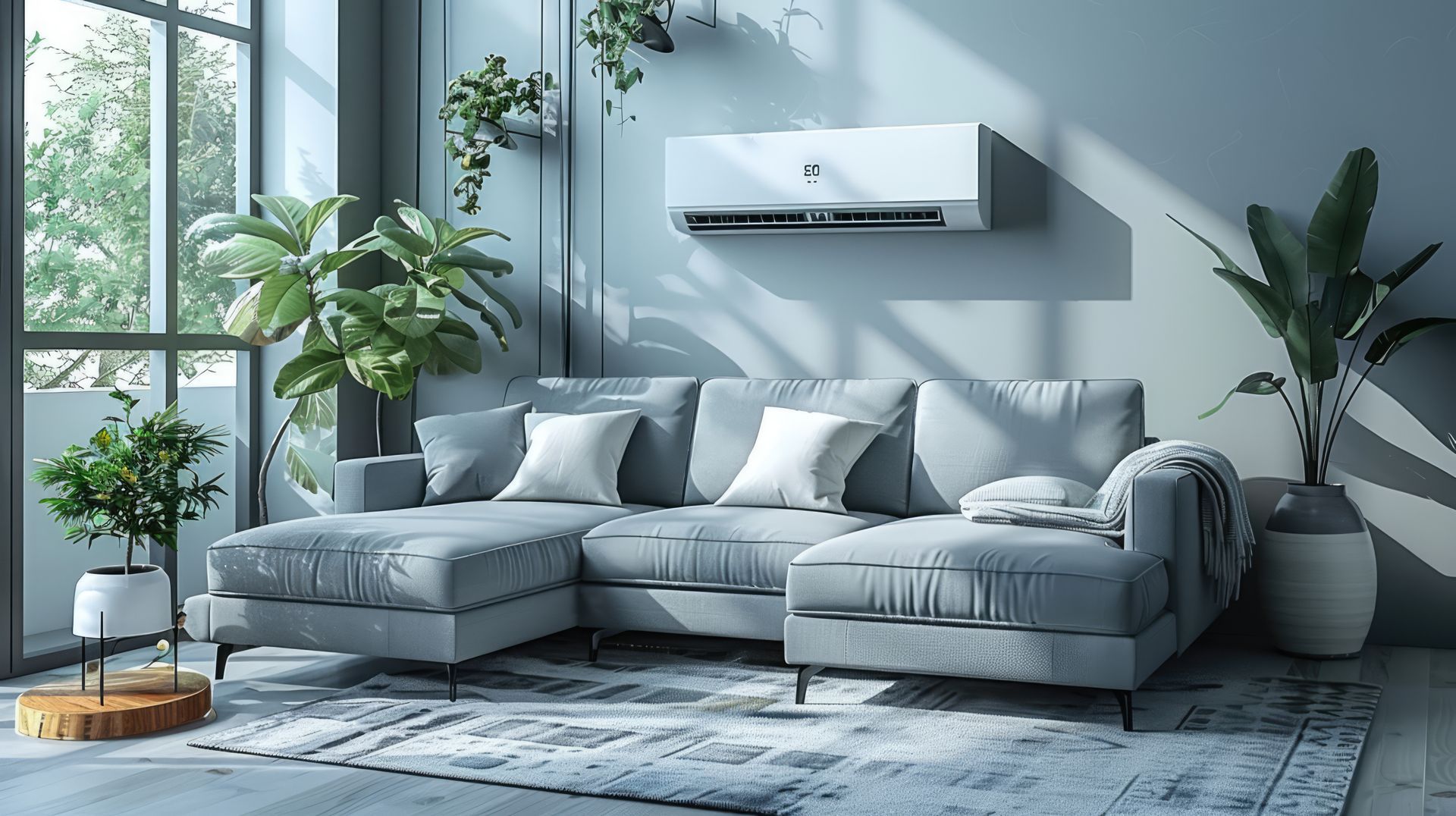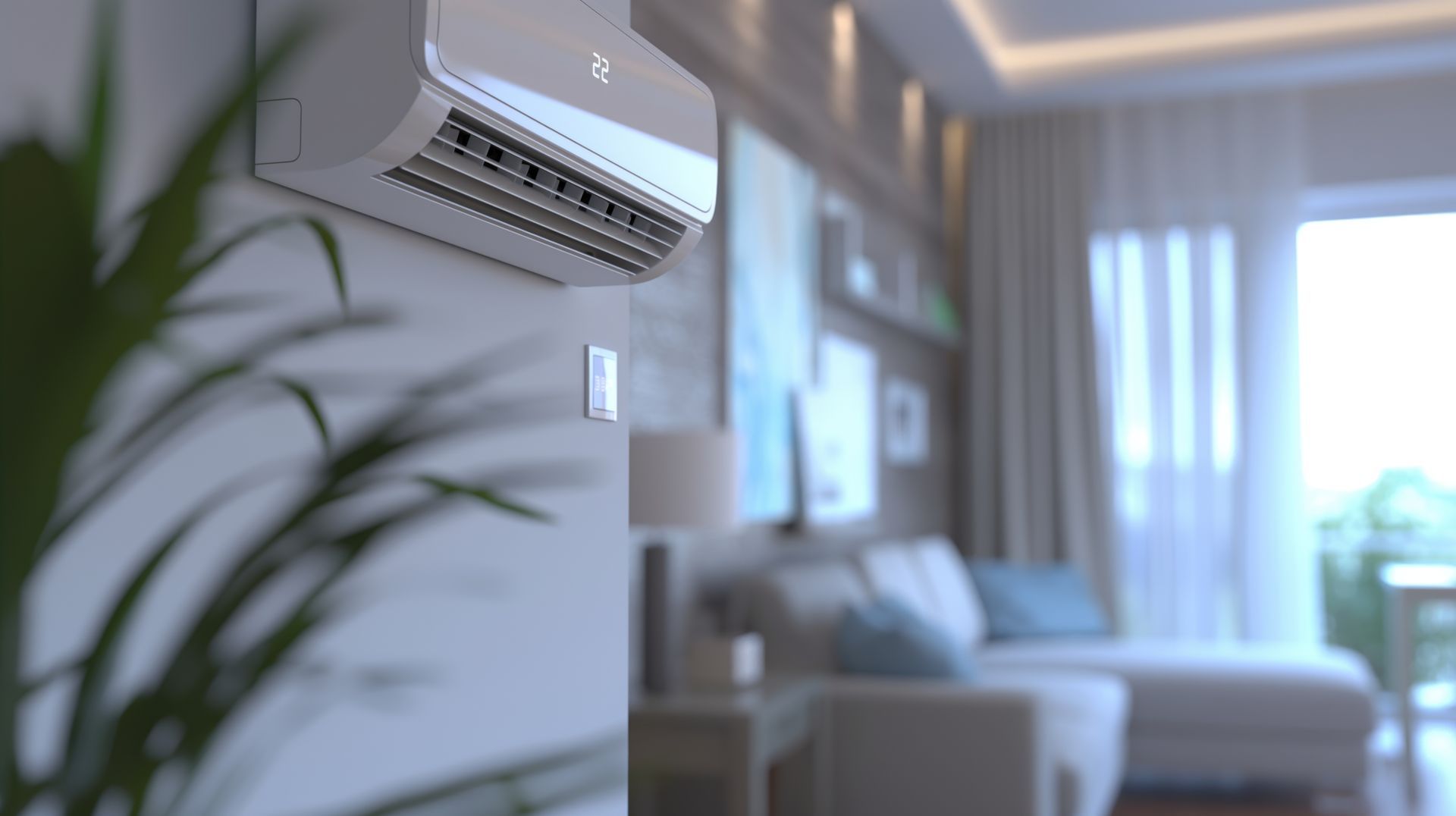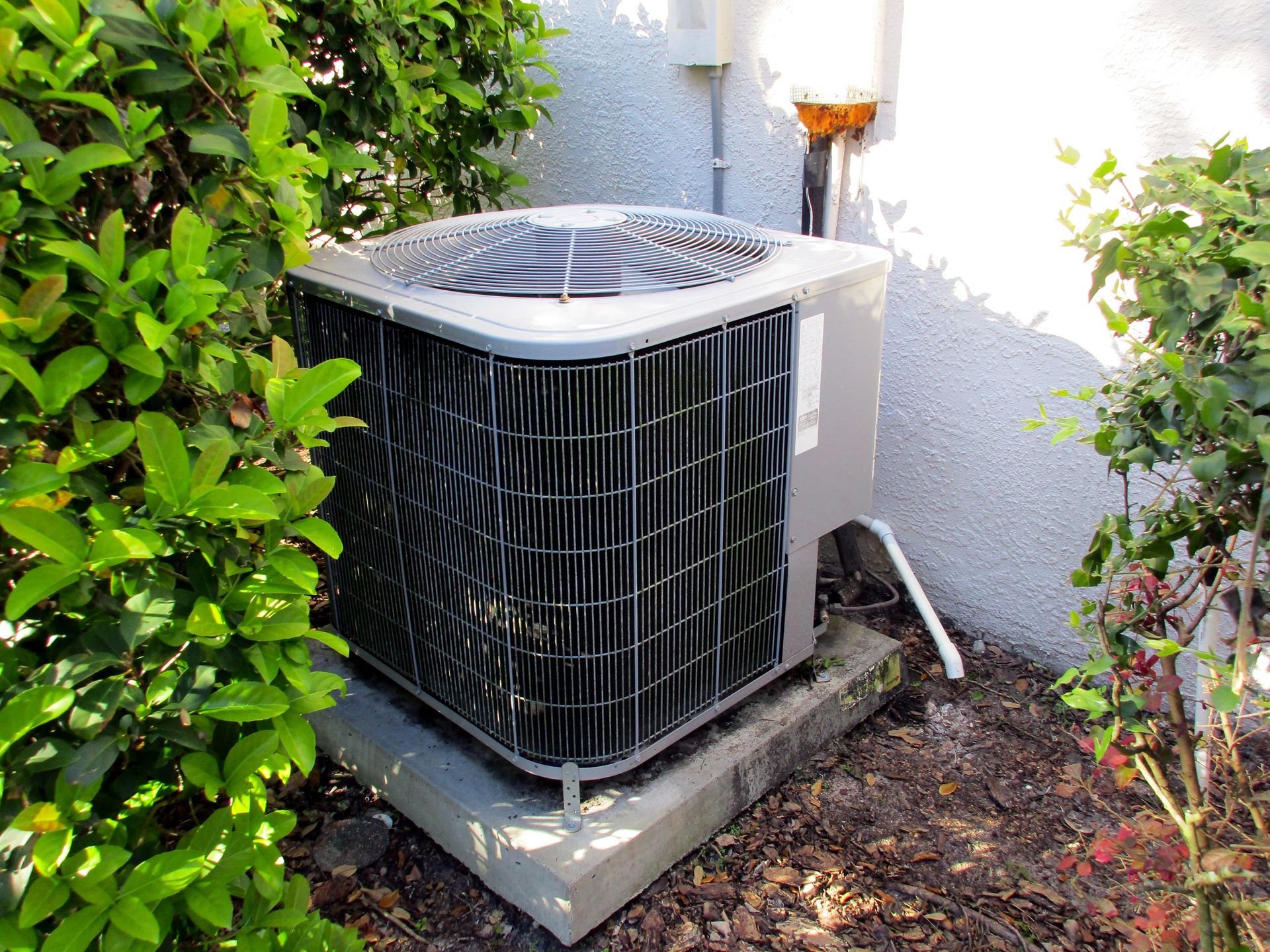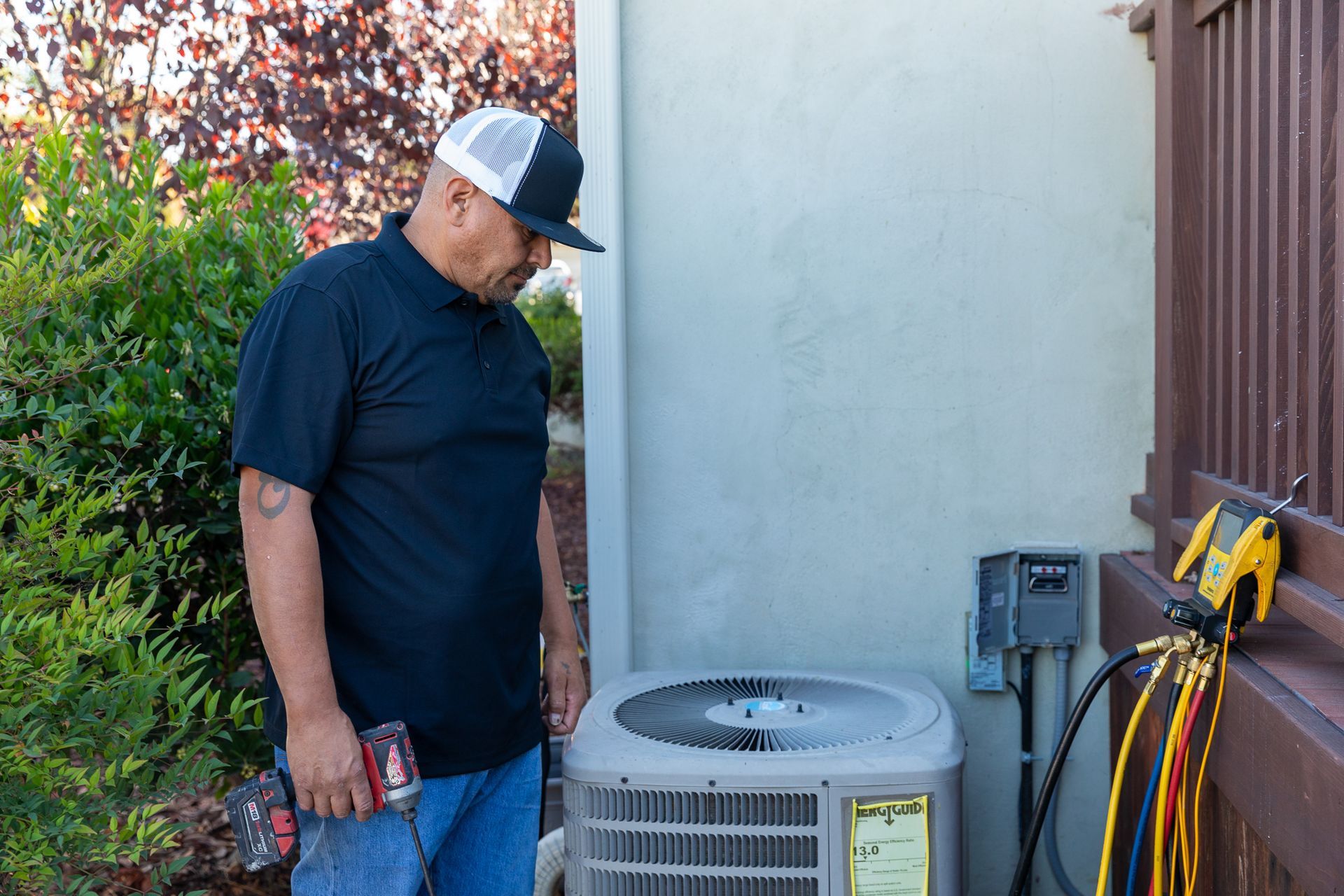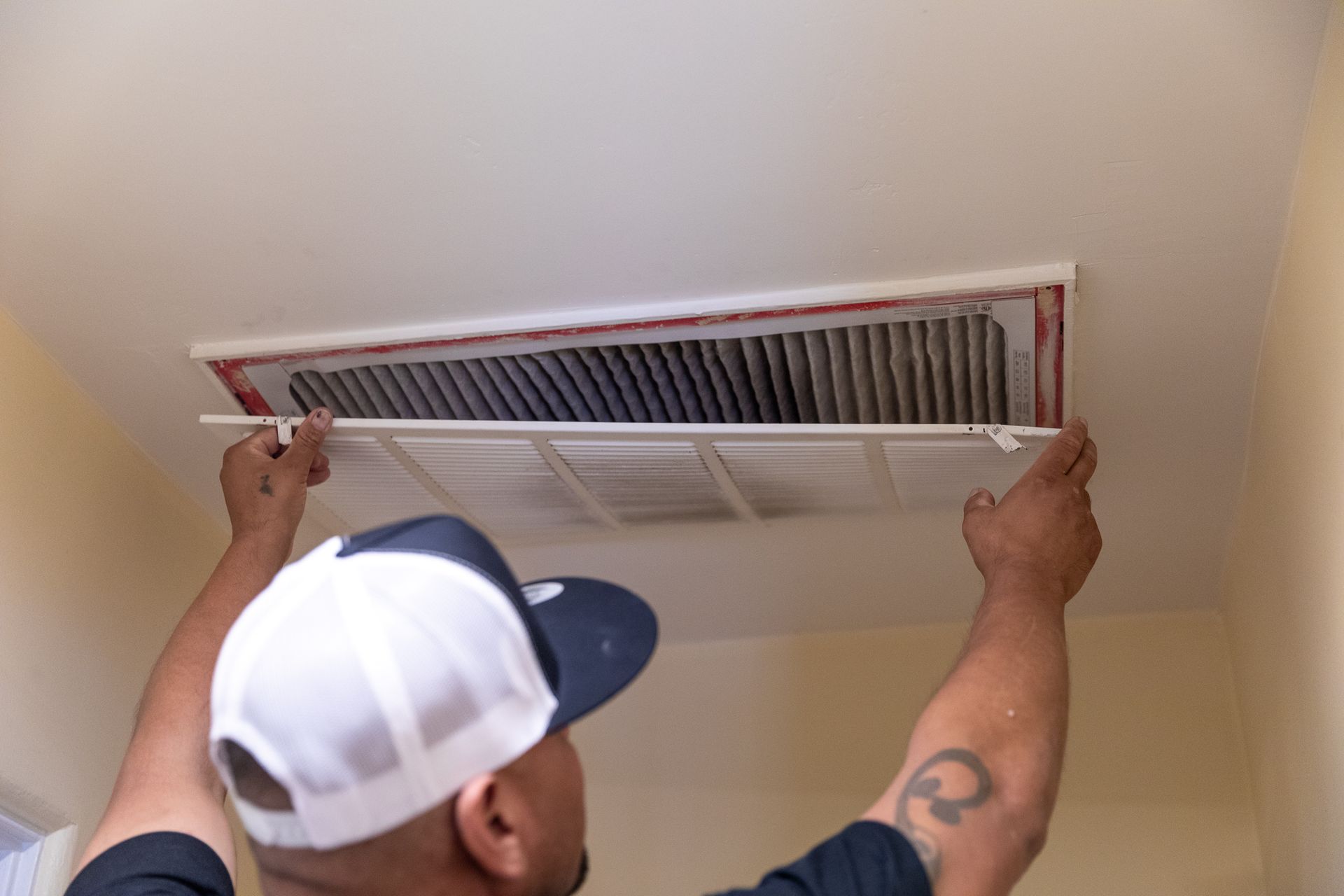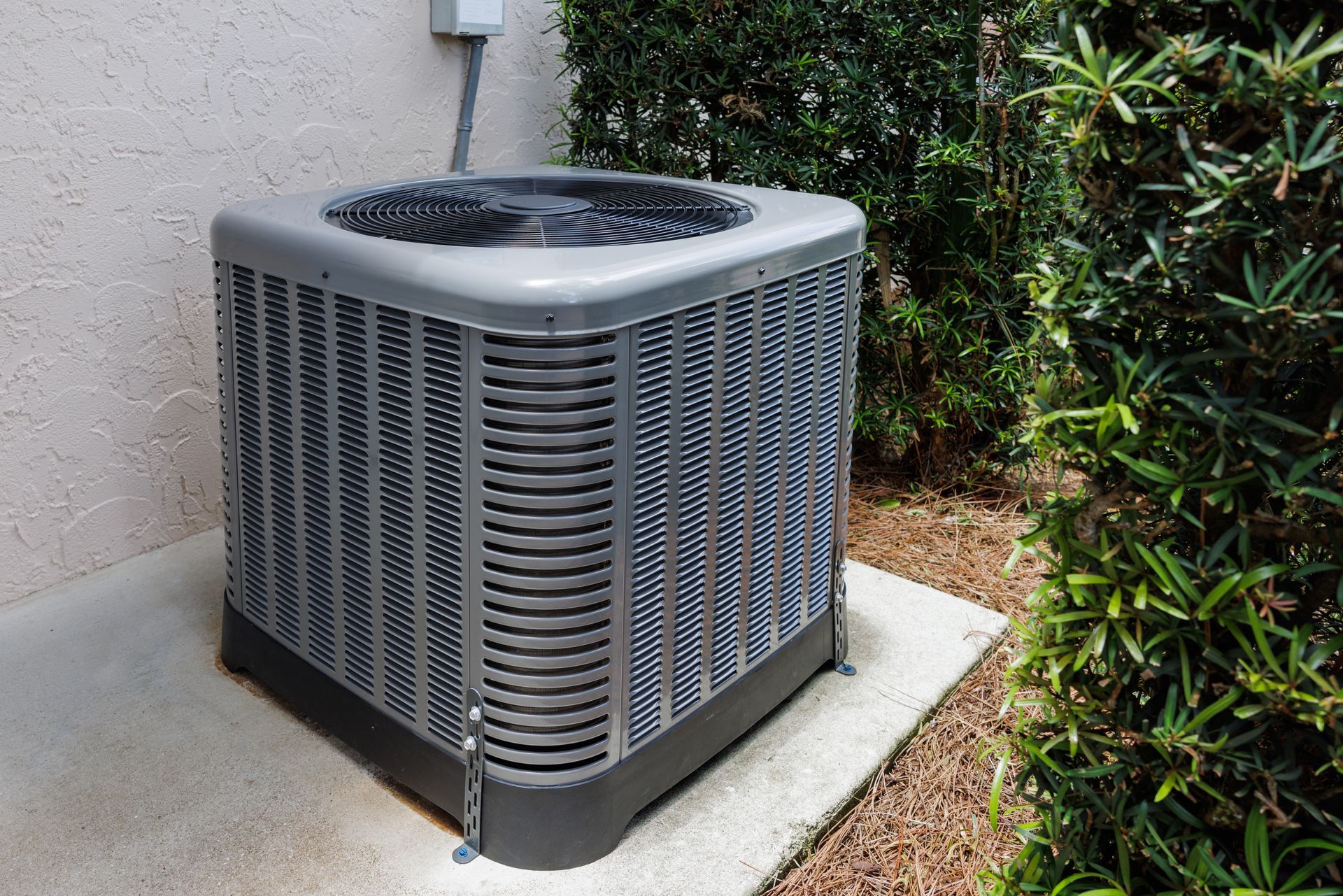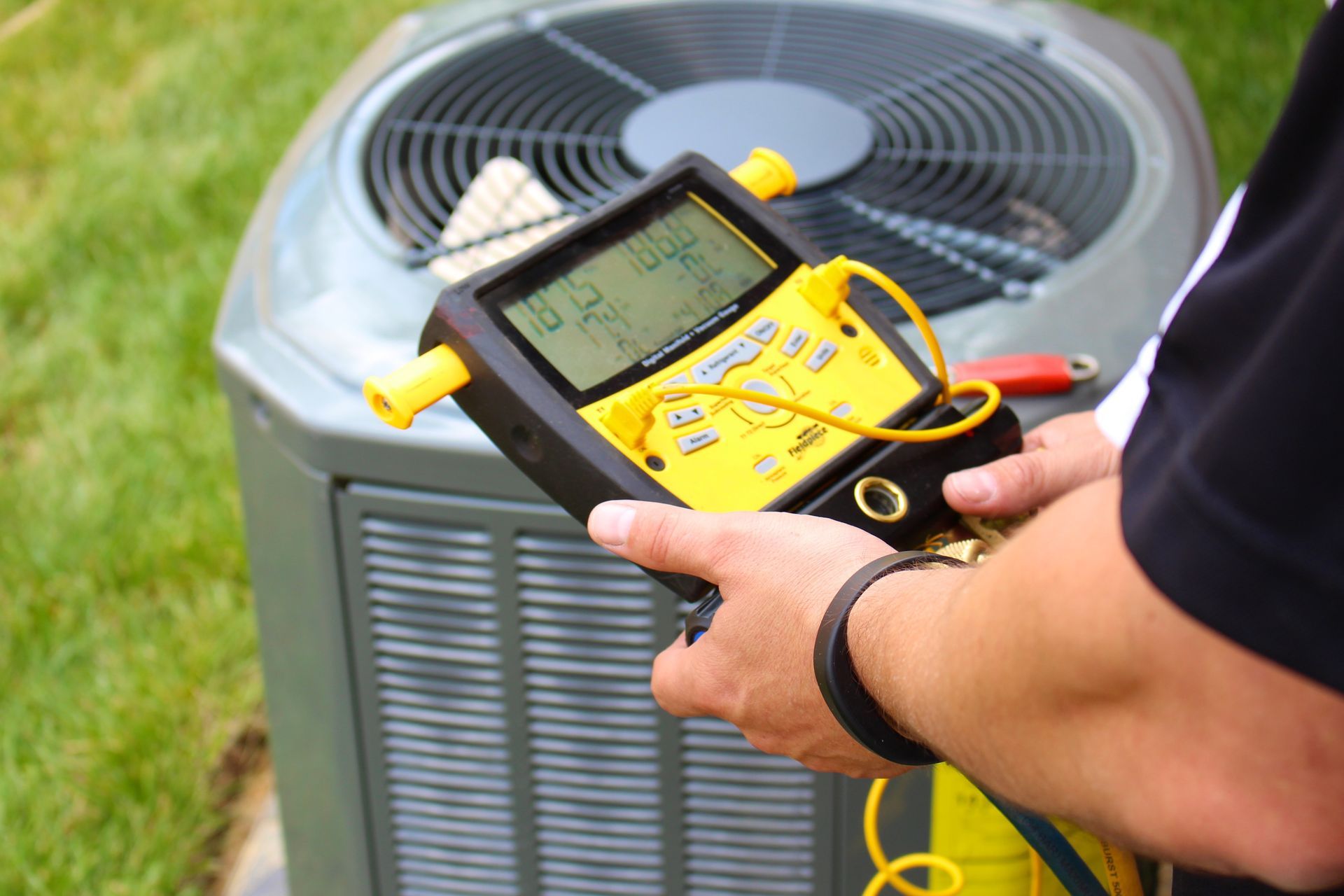Indoor Air Quality and Your AC: Enhancing Comfort and Health
Indoor air quality is a significant aspect of our daily living environments, influencing comfort and health. One pivotal element in maintaining a healthy indoor air environment is the air conditioning (AC) system. When properly maintained, an AC unit can substantially improve the air quality within your home or office and reduce allergens. Let's explore how a well-kept AC system can benefit your indoor environment.
The Role of Your AC in Indoor Air Quality
1. Filtration of Airborne Particles
One of the primary functions of an air conditioner is to filter out particulate matter from the air that circulates within a space. This includes dust, pollen, pet dander, and other allergens. Most AC units come equipped with filters that trap these particles. However, the effectiveness of air filtration largely depends on the filter quality and maintenance. High-efficiency particulate air (HEPA) filters, for example, can trap 99.97% of particles that are 0.3 microns in diameter or larger, drastically improving the air quality.
2. Regulation of Humidity Levels
AC systems are also crucial in controlling the humidity levels within indoor environments. Excess humidity can promote the growth of mold, mildew, and dust mites, which are common allergens and can affect health. By keeping the humidity levels in check, air conditioners reduce the risk of mold growth and create a less hospitable environment for dust mites.
3. Reduction of Indoor Pollutants
Besides allergens, indoor air can also be contaminated with various chemical pollutants such as volatile organic compounds (VOCs) emitted from paints, furniture, cleaning supplies, and other building materials. A well-maintained AC system ensures that indoor air is regularly exchanged with fresher outdoor air, thereby diluting the concentrations of these pollutants.
Maintaining Your AC for Optimal Air Quality
Regular Filter Replacement
To ensure effective filtration, it is crucial to replace or clean the AC filters regularly. Dirty or clogged filters reduce the efficiency of your air conditioner and allow trapped particles to re-enter the indoor environment. Most manufacturers recommend changing the filters every three months, but this may vary depending on usage and environmental conditions.
Routine Cleaning and Maintenance
Scheduling routine maintenance checks can prevent the accumulation of dust and debris in the air conditioning system, which can hinder its efficiency and pollute the indoor air. Professional servicing typically includes cleaning the evaporator and condenser coils, checking the refrigerant levels, and ensuring the drainage system works properly.
Upgrading Your AC System
If your air conditioner is old or inefficient, consider upgrading to a newer model designed with advanced technology to improve indoor air quality. Modern AC units are more energy-efficient, operate more quietly, and often have better filtration capabilities and features promoting healthier air.
Conclusion
A well-maintained AC unit is essential not only for comfort but also for ensuring healthier indoor air quality. Your AC can make a significant difference in the quality of life by effectively filtering out allergens, regulating humidity, and reducing indoor pollutants. Remember, regular maintenance and timely upgrades are the key to maximizing these benefits. As we spend considerable time indoors, investing in and caring for our air conditioning systems is worthwhile to create a safer and more comfortable living environment.

